123 CD / Ernst Pepping: Lieder für Chor
Description
The Goethe cycle Heut und ewig (Now and Forever) is E. Pepping’s most extensive secular choral work. It was first performed by Spandau choir on the occasion of the honouring of Goethe by the municipal authorities of (west) Berlin on 16th July 1949. In fact its first performance - as truly befitted Goethe bicentennial year - had been planned for the great Goethe celebrations in Weimar; but this pan-German plan was overtaken by political events whilst the work was still being written. For a west Berlin choir, a journey to the Soviet Occupied Zone would have been not only political folly but also risky. Thus Pepping’s Goethe cycle unintentionally became part of the cultural and political labyrinth at the time of the foundation of two German states, both of which liked to view and portray themselves as the intellectual heir of the great German poet...
10 reviews for 123 CD / Ernst Pepping: Lieder für Chor
You must be logged in to post a review.
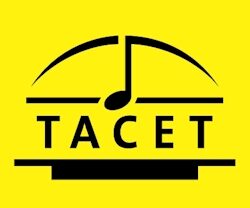
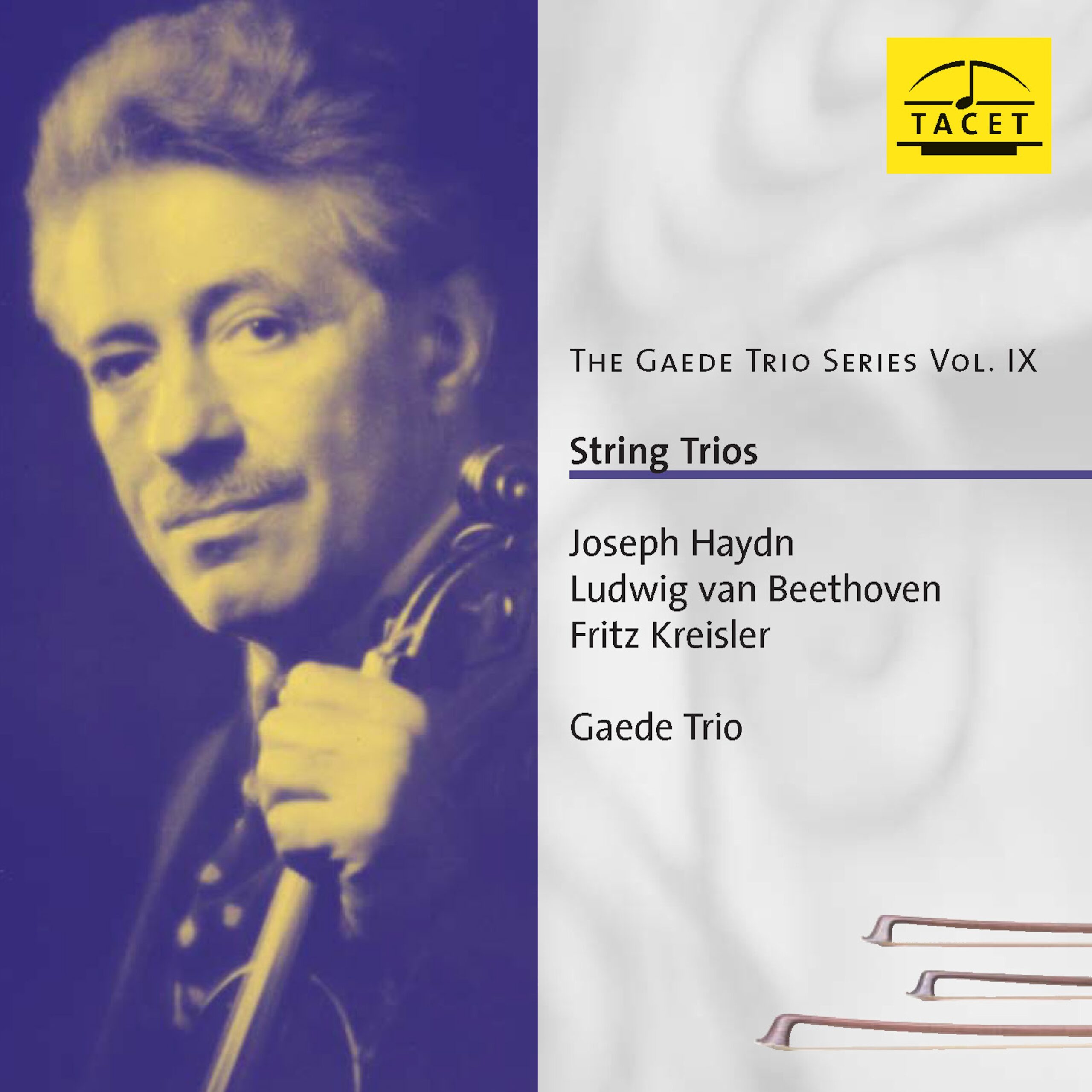
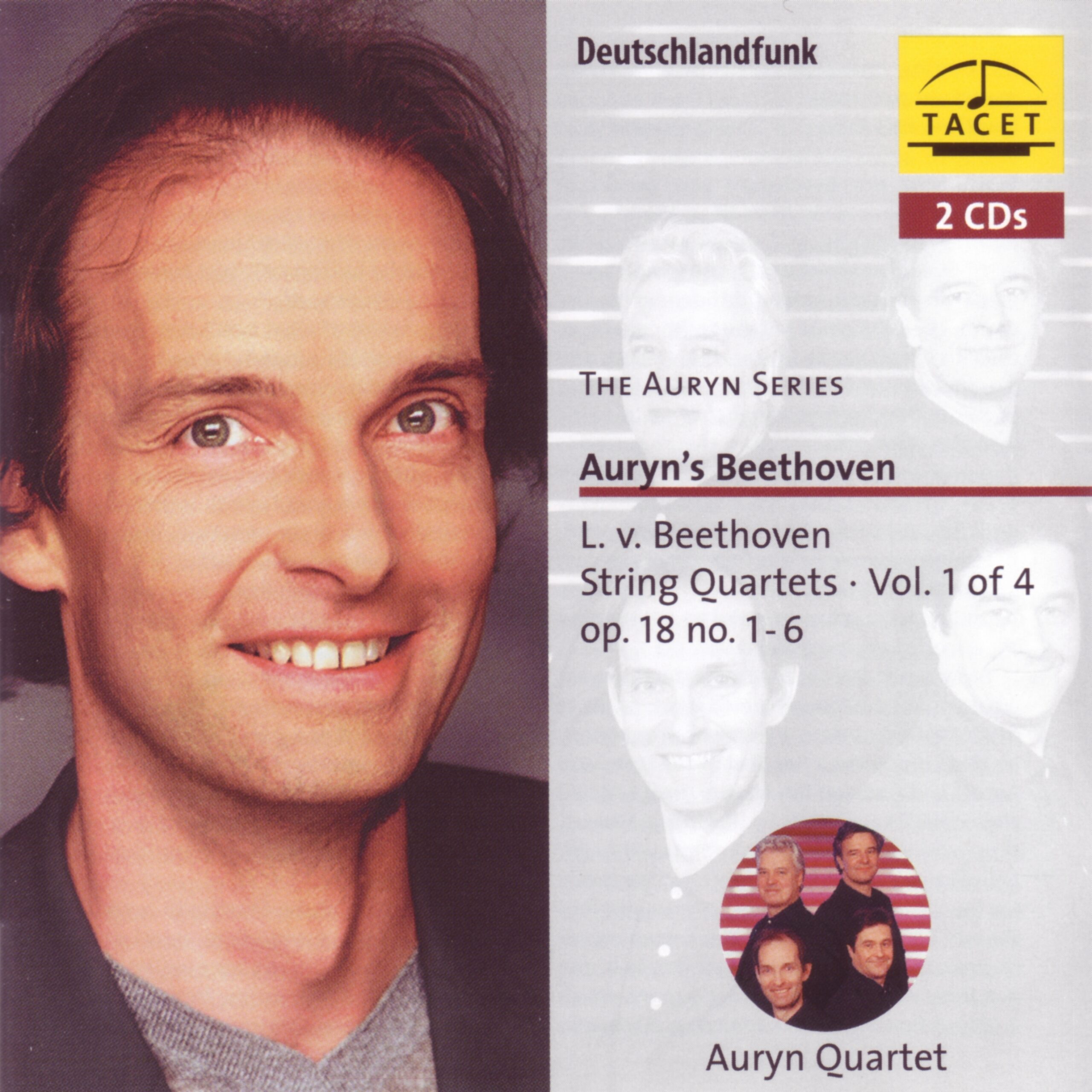
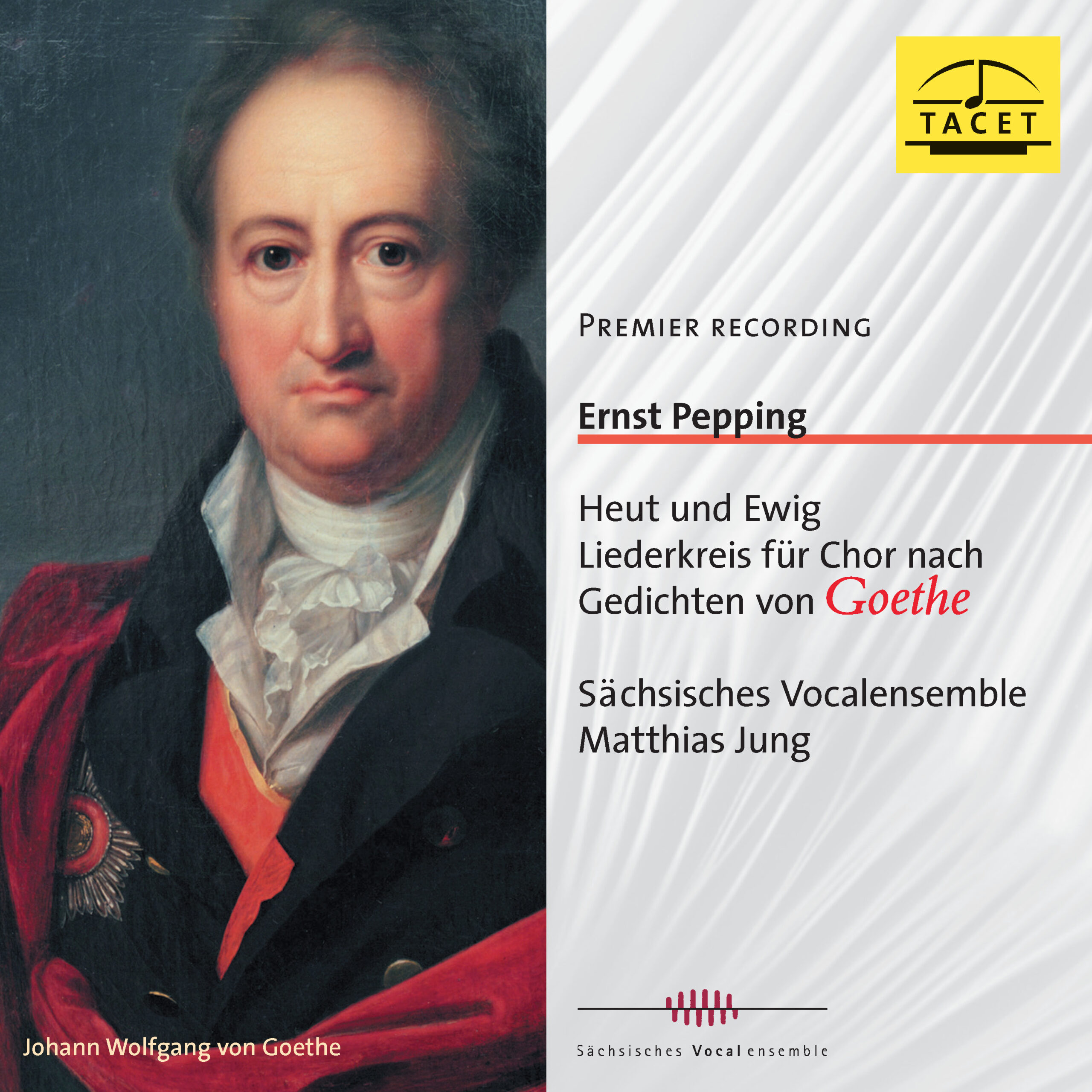
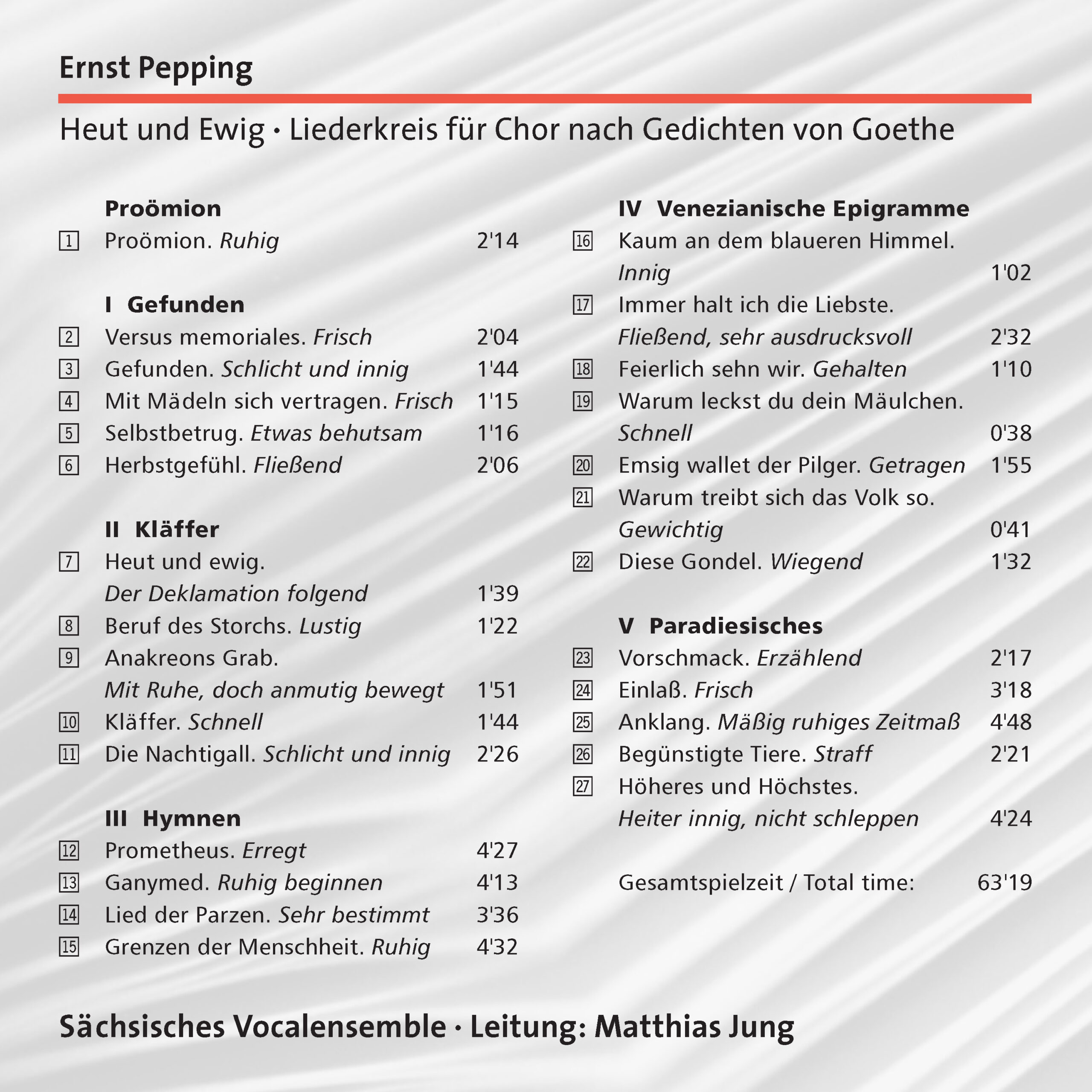



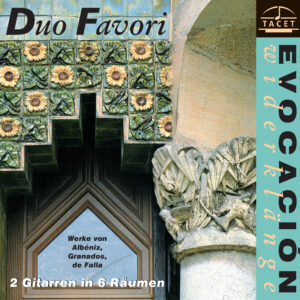
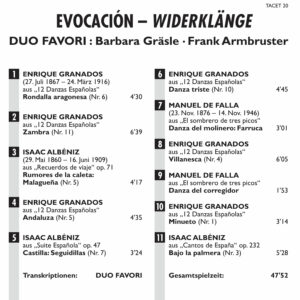
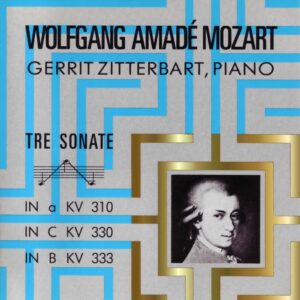
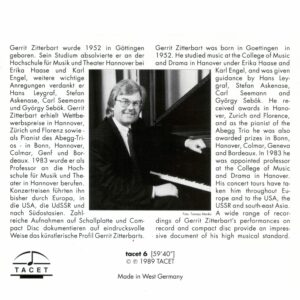
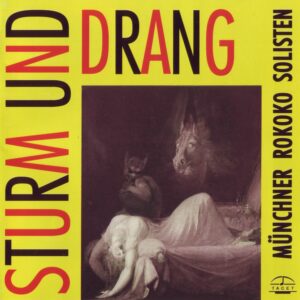
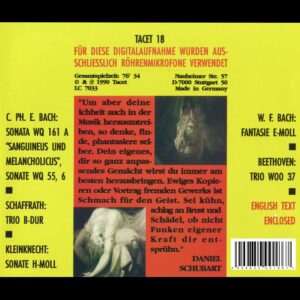
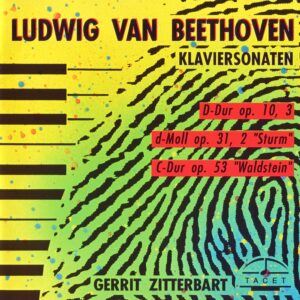
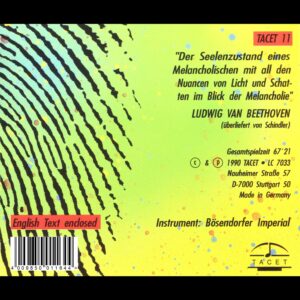
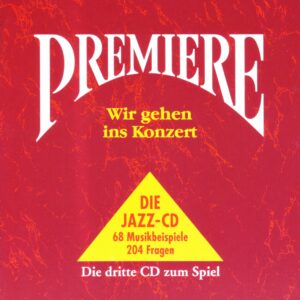
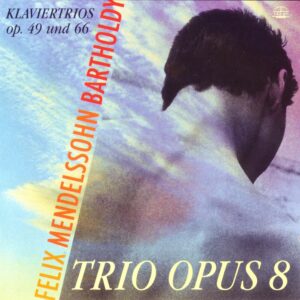
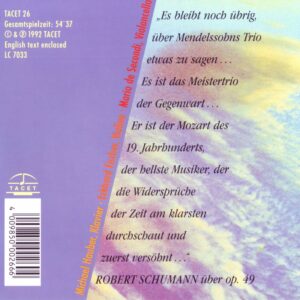
Cellesche Zeitung –
For many years now, the Saxon Vocal Ensemble under Matthias Jung has ranked among Germany’s most fascinating and ambitious chamber choirs. When they perform a Mendelssohn program this summer as part of „Sachsens Glanz im Celler Land“ in Wienhausen, audiences can expect a concert mirroring their recently released—and highly recommendable—CD. Yet this is also the perfect moment to highlight another recording by the ensemble. With their interpretation of Ernst Pepping’s song cycle „Heut und Ewig“ (settings of Goethe’s poetry), the Saxon Vocal Ensemble achieved a pioneering feat some time ago—one that cannot be praised highly enough. Not only do they deliver this musically and technically exacting, evening-length work with such sovereignty and expressive depth as to leave listeners in awe, but they also brilliantly convey the almost crystalline clarity of this unjustly neglected music. Anyone who hears this recording will crave more from this choir—and, just as urgently, more music by Pepping’s equally overlooked contemporaries, such as Distler or David.
Reinald Hanke
Stuttgarter Zeitung –
(…) Without a choir like the Saxon Vocal Ensemble—who recorded this delicate cycle under their director Matthias Jung—the belated joy of discovering this music would scarcely be possible. Listening to it, one marvels at the exceptionally clear, almost effortless articulation of the texts. Hardly a detail is lost in this sonically superb production; the exquisitely wrought lines of „Anakreons Grab“ are given their due space here, unfolding with the appropriate—and at times tender—sweetness.
tur
International Record Review –
(...) The saxon Vocal Ensemble makes light of the surprising technical challenges presented by such apparently unassuming music. It also takes a serious interest in the literary structure: Pepping′s ironic juxtaposition of verses is knowingly handled and it lovingly shapes each of the five volumes which go to make up the whole. The choir is expert in mood evocation, moving with alacrity from one emotional state to another and creating wonderful timbral variety at low dynamic levels. (...)
Simon Heighes
Lied & Chor –
(...) To discover these sonic tableaux, imbued with the restrained yet profoundly expressive will of an extraordinarily sensitive soul, is a task only distinguished ensembles dare undertake. Here, "distinguished" refers not merely to technical prowess but, above all, to instinctive insight—and the resulting ability to bring to life Pepping’s ideal of "simplicity as profundity" (a simplicity that, notably, does not preclude complex structures). Under Matthias Jung’s direction, the Saxon Vocal Ensemble rises to this challenge on the present recording with fascinating perfection and striking intensity. (...) Amid the resulting diversity of content, expression, and stylistic idiosyncrasies, the ensemble performs with remarkable sovereignty. The singers achieve a technically refined choral sound, while their multihued tonal language and luminous vitality enable them to meticulously render the expressive spectrum of these works—from austere objectivity to fiery emphasis. Thus, Pepping’s choral cycle "Heut und ewig" unfolds as a dramaturgically varied and gripping scenario.
Das Sächsische Vokalensemble mit Matthias Jung am Pult löste diese Herausforderung auf der vorliegenden CD (…) mit faszinierender Perfektion und frappierender Intensität.
(…) In der daraus resultierenden Vielfalt an Inhalt, Ausdruck und stilistischen Eigenheiten agiert das Sächsische Vocalensemble überaus souverän. Den Sängerinnen und Sängern gelingt ein technisch sehr ausgefeilter Chorklang. Zudem verfügen sie über eine vielfarbige Klangsprache und durchscheinende Vitalität, was sie befähigt, die Ausdruckspalette dieser Werke von karger Sachlichkeit bis hin zu glühender Emhase minutiös auszugestalten. Peppings Chorzyklus „Heut und ewig“ wird so zu einem dramaturgisch abwchslungsreichen wie spannenden Szenario. (…).
CF
Classics Today –
If you read the entry in Grove′s regarding 20th-century German composer Ernst Pepping--his output is described as being primarily "austere...Protestant sacred choral and organ music"--your reluctance to make an eager acquaintance with his work may be understandable. However, the reality is quite different, if this remarkable and intensely engaging program is any proof. This "song-cycle" for choir, drawing its texts from a wide array of poems by Goethe (27 in all), shows everything from Brahmsian lyricism, linear elegance, and artful word-setting (Selbstbetrug; Herbstgefühl; Die Nachtigall) to late-Romantic chromaticism (Heut und ewig) and the angular, anti-melodic, craggy dissonance born of mid-century fashion (Prometheus; Lied der Parzen). We′re also treated to several vivacious and highly rhythmic pieces (Beruf des Storchs; Warum leckst du dein Mäulchen). Sure, Pepping knows how to do "austere", but it′s in the context of a larger realm that includes fascinatingly disparate yet compatible works that reach into all corners of romantic style, from the early and traditional to the later extremes.
Zwar beherrscht Pepping durchaus das „Karge“, doch eingebettet ist es hier in ein weiter gefasstes Universum, das faszinierend disparate, doch harmonierende Werke umfasst – von frühromantischer Tradition bis zu den extremen Ausläufern der Spätromantik.
The history of this, Pepping′s secular choral masterpiece (which here receives its recorded premiere), is all tied up in the politics of Germany in 1949, the bicentennial year of Goethe′s birth, and suffice it to say that instead of a performance in Weimar, its premiere was in West Berlin. Here the first-rate Saxon Vocal Ensemble gives exemplary renditions of these challenging pieces that demand nothing less than intonational precision and turn-on-a-dime expressive ability.
The listening also is challenging--but it′s well worth a focused hour, which is certain to lead you to many repeat visits if for no other reason than a need to come to terms with such highly original music, remarkable for its melodic/harmonic adroitness and in its exceptional immediacy and compactness of expression. The sound is ideal, and the liner notes give important details regarding the composer and the music′s origin and thematic sensibility.
Yes, this is for serious choral fans--but others shouldn′t be shy. This is a real find--historically essential and a pleasure too!
David Vernier
musicus –
What Ernst Pepping composed in 1949 for the Goethe Year only truly comes into its own in the Saxon Vocal Ensemble’s rendition. The reason lies in the singers’ extraordinary mastery—their ability to infuse both complex structures and sensual expression with equal depth of feeling. Given the diverse nature of the texts set to music, this is a remarkable achievement: Pepping selected 27 poems from Goethe’s vast oeuvre, setting them with the ambition of capturing their deeper significance. The recording is complete, sonically superb—and a challenging delight.
Crescendo –
Eternity—if granted to any German poet—belongs to Johann Wolfgang von Goethe. Composers recognized this early, setting his verses to music in abundance. Yet some of his work has remained largely untouched by musical interpretation—until now. The world premiere recording of Ernst Pepping’s (1901–1981) „Heut und Ewig – Liederkreis für Chor nach Gedichten von Goethe“ offers not just a performance but an intellectual voyage, revealing Goethe in surprisingly multifaceted dimensions: from irony to hymns, Venetian Epigrams, and even the West-Eastern Divan. This vast spectrum of texts was set by Pepping in his most extensive secular cycle, composed for a cappella choir in honor of the 1949 Goethe jubilee.
On their third Tacet release, the Saxon Vocal Ensemble under Matthias Jung tackles these highly intricate pieces with mastery. There is no pathos here, no easy effects—only knotted harmonies, refined meters, and demanding vocal lines.
Schooled in the Baroque masters Bach and Schütz, the ensemble navigates these challenges with elegance and choral discipline, presenting a lean, flexible sound that breathes with precision. (...)
BS
Sächsische Zeitung Dresden –
(...) The Vocal Ensemble performs with utmost precision and clarity, turning aggressive when called for (as in „Prometheus“) and buoyant in lighter texts. Verdict: Highly recommended.
Peter Zacher
Klassik heute –
Top Marks for Artistic Quality, Sound Quality, and Overall Impression
Goethe Year 1949: Ernst Pepping (1901–1981)—a composer who left an indelible mark on contemporary sacred music—embarked on a daring secular venture. From the vast corpus of Goethe’s poetry, he distilled a concentrated essence of 27 texts, spanning odes, songs, aphorisms, hymns, the Venetian Epigrams, and selections from the West-Eastern Divan. Yet he didn’t stop there: nearly every weighty, metaphor-laden verse was further elevated by a tonal language equally dense with thought and imagery, transforming the work into a veritable gauntlet for performers and listeners alike—demanding engagement with layered counterpoint, intricate rhythms, simultaneous textual overlaps, and astringent polyphony.
Rising to this challenge of "multi-level reception"—where words, meanings, and modernist soundscapes intertwine in fiendishly elaborate structures—is Matthias Jung, a conductor of exceptional skill, artistry, and meticulous attention to fine detail, alongside his masterful, award-winning vocalists of the Saxon Vocal Ensemble. The sheer awe inspired by their flawless interpretation—a peak of artistic perfection—demands the highest acclaim. Equal praise is due to the boldness of the production team, who granted this Goethe homage (long relegated to the margins of 20th-century music history, despite its "thorny" idiosyncrasies) the opportunity to shine as a complete, unabridged recording—made possible by the extraordinary commitment of the chorus.
Gerhard Pätzig
klassik.com –
(…) Fresh, electrifying, and utterly compelling—this is artistry at its peak, gripping from the first note to the last.
--> original review